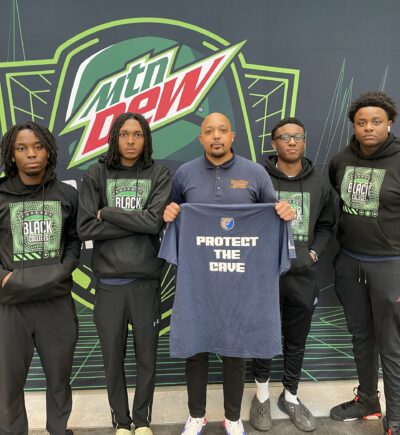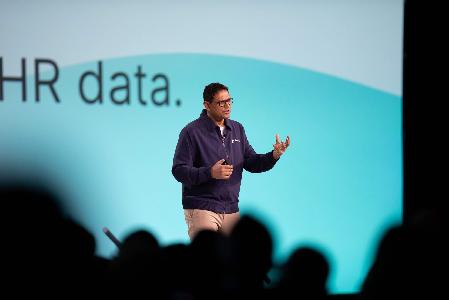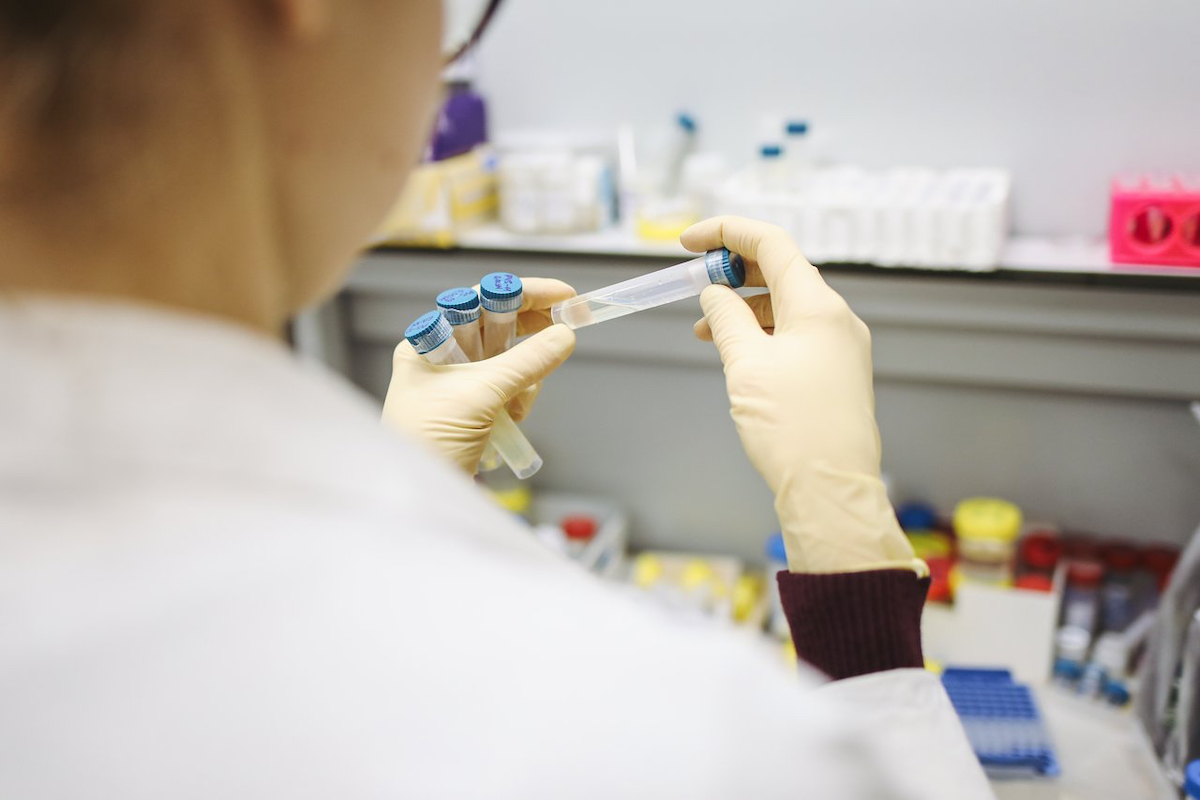Baltimore and DC might be separated by at least an hour’s worth of driving (45 minutes if you’re lucky), but taken together, their metro areas amount to one of the country’s top markets for life sciences.
The real estate and investment firm CBRE concluded as much in its inaugural report identifying and analyzing the top 25 domestic markets for life sciences talent. CBRE ranked Washington DC and Baltimore together in the second slot, just behind Boston/Cambridge, Massachusetts and ahead of the San Francisco Bay Area.
Tommy Cleaver, a CBRE executive vice president who works in the DMV, said in his employer’s announcement that the ranking reflects the talent pipeline developed at regional educational institutions.
“This report is going to surprise a lot of people, but it shouldn’t,” he said. “Our region’s specialized labor pool is extremely deep and our education system continues to fuel a robust talent pipeline.”
The report’s ranking is especially unsurprising when universities like Johns Hopkins and the various University of Maryland institutions develop life science talent via awards, grants and incubators throughout the state. Maryland is also pumping money into organizations like the Maryland Tech Council to boost the region’s life sciences workforce.
Maryland is also home to the life sciences cluster known as “DNA Valley,” which references the cluster of life sciences activity along the I-270 corridor and especially around the cities of Gaithersburg and Frederick.
Beyond these highlights, the report stated that DC/Baltimore boasts the nation’s highest ratio of workers employed in professional, scientific and technical services at 15.4%. The report also found that there are more biological scientists and microbiologists in the area than anywhere in the country, with 5,230 and 2,060, respectively.
The strengths that the top markets possess, as CBRE’s Americas-focused life sciences and healthcare research head Ian Anderson noted include significant research institutions or universities that are uncovering ground-breaking science; a large cluster of scientists and graduates with specific expertise; and financial support from local municipalities and institutions that nurture the local industry, as well as helping commercialize developments with venture capital.
“The DMV could slip if local municipalities don’t stay competitive in luring industry or local universities don’t place as much of a priority on nurturing the science locally,” Anderson told Technical.ly.
One of Anderson’s key takeaways is how, across markets, life sciences wages don’t vary much. The importance of any given city’s cost of living is growing. For instance, Philly often receives New York City expats seeking more affordable housing. Technical.ly’s own analyses have shown that Baltimore has experienced a boost in Black professionals who see opportunities to build wealth and buy housing that are less prevalent in infamously expensive DC.
Anderson emphasized that these assets matter to growing a life science workforce beyond the top-dollar locales that are otherwise dominating the industry.
“I think the industry will be comforted by where it is mostly currently located and expanding (Boston, San Francisco, for example), but new markets and universities will be uncovered,” Anderson said. “I think the report will reinforce the urgency for the industry to come up with innovative ways of acquiring talent, and that it is less about the paycheck than possibly ever before.”
Donte Kirby is a 2020-2022 corps member for Report for America, an initiative of The Groundtruth Project that pairs young journalists with local newsrooms. This position is supported by the Robert W. Deutsch Foundation.Join the conversation!
Find news, events, jobs and people who share your interests on Technical.ly's open community Slack

Philly’s IT department fires long-tenured staff amid a high-level shakeup of priorities

RealLIST Connectors 2024: Meet 20 leaders spreading innovation throughout Pittsburgh

This Black gaming advocate has a mission to transform education through esports


